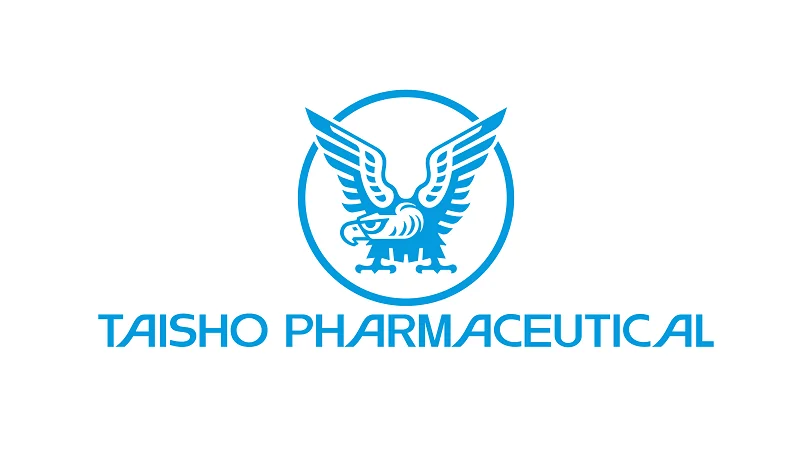Insilico Medicine has announced a historic deal with the Taisho Pharmaceutical Company, which is based in Japan, in a partnership to identify and develop new senolytic drugs.
The companies have agreed to collaborate on AI-powered drug discovery focused on identifying molecules to remove problematic senescent cells.

Read More
Founded in 1912, Taisho is focused on over-the-counter medicines and markets the brands Colac, Contac, Lipovitan-D, Pabron, Tempra, UPSA, and Vicks. It has also been successful with its antibiotic clarithromycin, which is used to treat respiratory infections and their consequences, such as pneumonia, skin problems including cellulitis, and ear infections.
This partnership suggests a growing interest of large pharmaceutical companies in senolytics, which naturally results in an influx of funding. Dr. Alex Zhavoronkov had the following to say about the deal:
Senescence is the most important process in our body that we tend to ignore as individuals and most of the pharmaceutical companies used to ignore. Until now. It is now clear that there is a clear connection between cellular senescence and a plethora of diseases, and there are next-generation AI tools that can be coupled with high-quality laboratory data to identify promising targets that have a clear-cut commercial opportunity.
We started building this platform in 2015, and it is now bearing fruit, as there is more interest in the pharmaceutical industry. The Taisho deal, for us, has historic significance. This is one of the largest and most visionary companies in Japan, a market with a substantial aging population.
Thursday, October 15, 2020 (9 am ET) – Insilico Medicine announced today that Taisho Pharmaceutical Co., Ltd. and Insilico have entered into a research collaboration to identify novel therapeutics against aging. Insilico Medicine will utilize both the target discovery and generative chemistry parts of its Pharma.AI platform in this collaboration. It will use its proprietary Pandomics Discovery Platform to identify novel targets for senolytic drugs and Chemistry42 platform for a molecular generation. This collaboration brings together Insilico’s state-of-art artificial intelligence (AI) technologies in drug discovery with Taisho’s expertise in drug development, aimed to extend the human healthspan.
‘We’re delighted to collaborate with Taisho Pharmaceutical, a well-recognized leader in the pharmaceutical industry and healthcare sector. It is believed that aging is a universal phenomenon that we cannot stop. However, emerging scientific evidence has shown that one may be able to reverse some of the age-associated processes. Through this collaboration, we will adopt our AI-powered drug discovery suites together with Taisho’s validation platform to explore the new space of anti-aging solutions’, said Jimmy Yen-Chu Lin, PhD, CEO of Insilico Medicine Taiwan, a fully-owned subsidiary of Insilico Medicine.
Under the terms of the agreement, Insilico Medicine will receive an upfront payment and milestone payments upon achievement of specified goals. Insilico Medicine will be responsible for early research phase target identification and molecular generation, and Taisho will work collaboratively with Insilico in validating the results in various in vitro and in vivo assays. Taisho has the exclusive option to acquire Insilico’s co-ownership of the successfully developed programs under agreed payment.
Conclusion
This is good news, particularly given that UBX0101, a drug from senolytic pioneers Unity Biotechnology, has recently failed in a human trial for osteoarthtiris. The reason is a matter of debate, but poor tissue choice, a flawed approach, the heterogeneity of senescent cell populations, and the trial’s reliance on the WOMAC scale are likely to be to blame.
Quite literally, the more shots on goal we can get, the better, as it increases the chances that something will succeed and reduce the impact that failures have. While this partnership may take some years to bear fruit in the form of drugs entering human trials, it is most welcome news for the field and represents the start of large pharmaceutical companies, and their vast funds and experience in drug development, taking an interest in our field.




